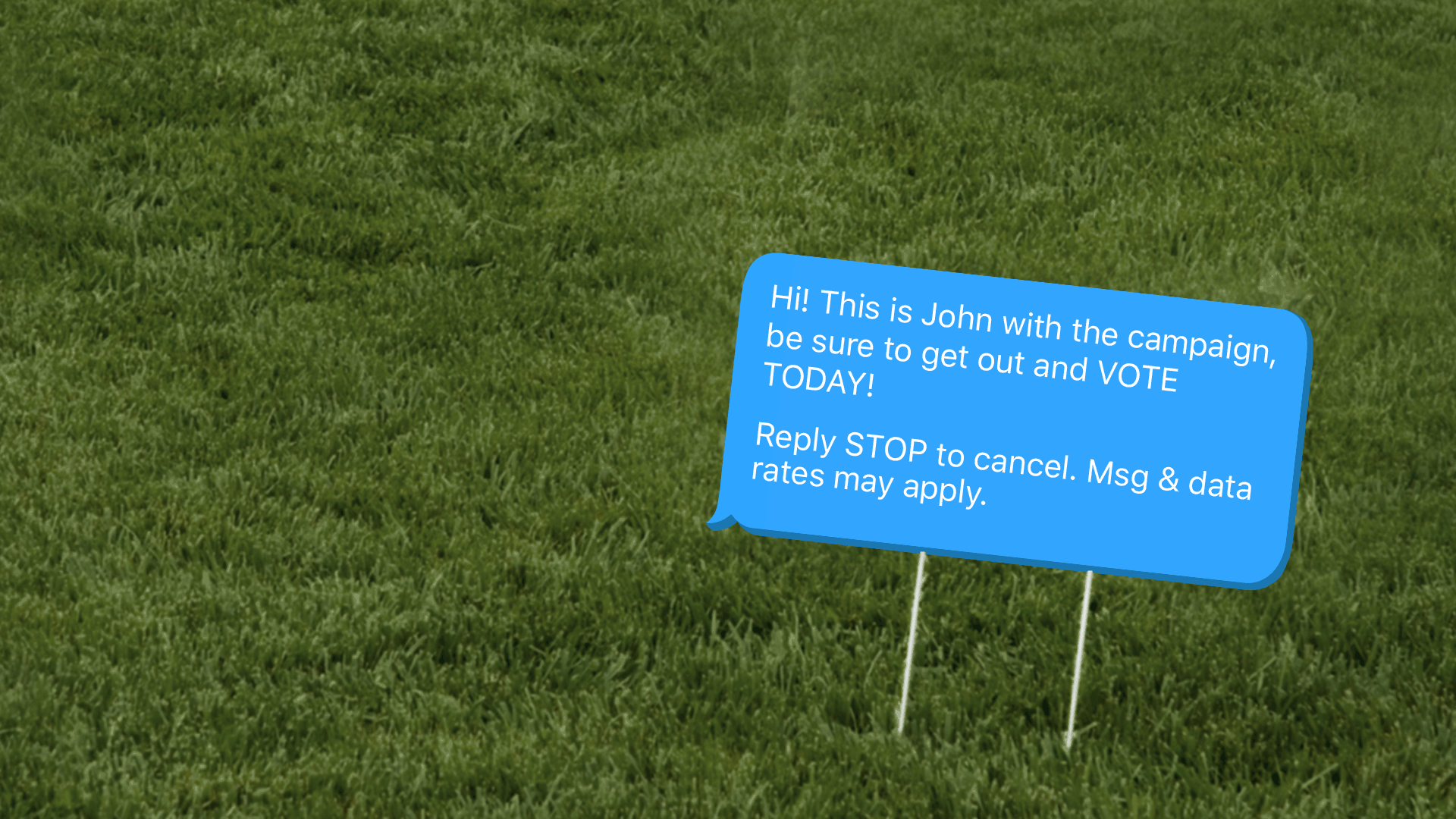Nov 29, 2019 - Politics & Policy
Report: 2020 campaigns want access to supporters' phone contacts
Add Axios as your preferred source to
see more of our stories on Google.

Illustration: Axios Visuals/Aïda Amer
Add Axios as your preferred source to
see more of our stories on Google.

Illustration: Axios Visuals/Aïda Amer